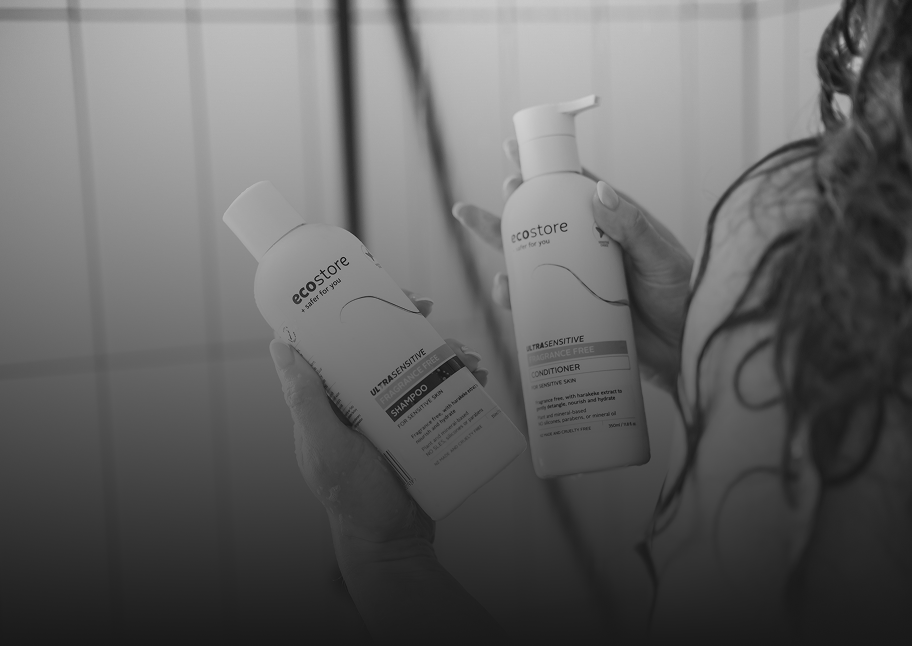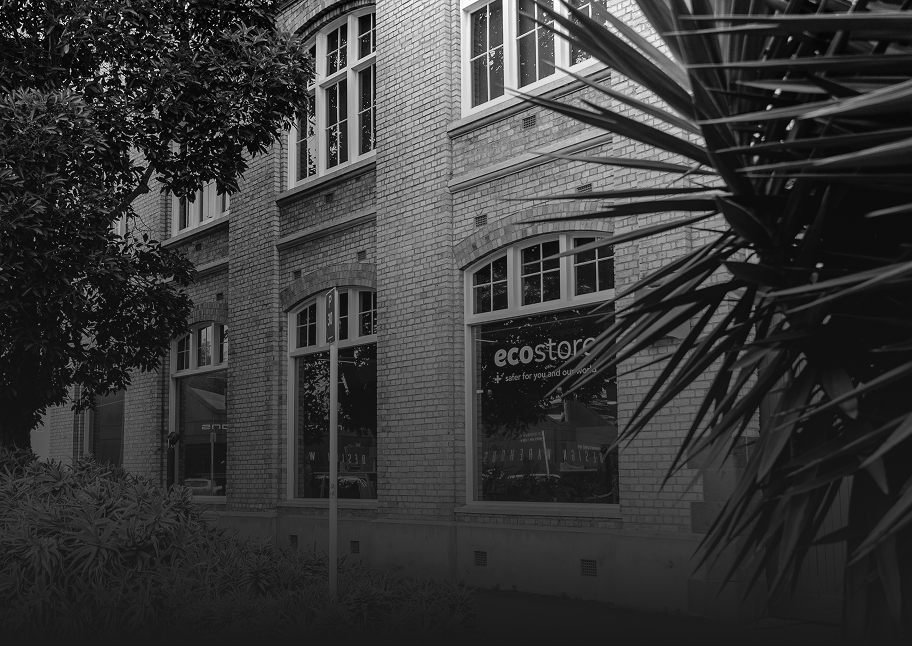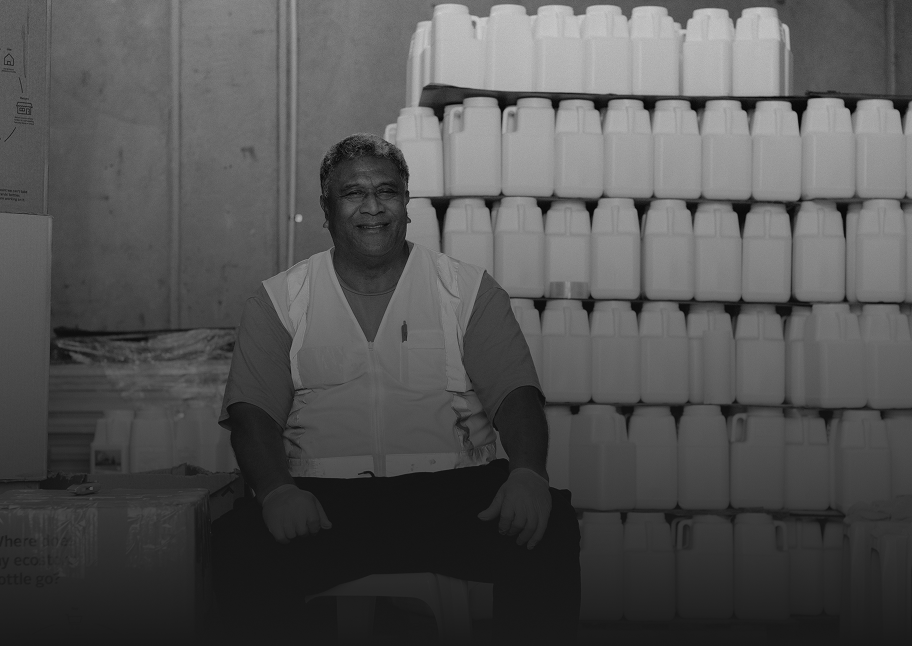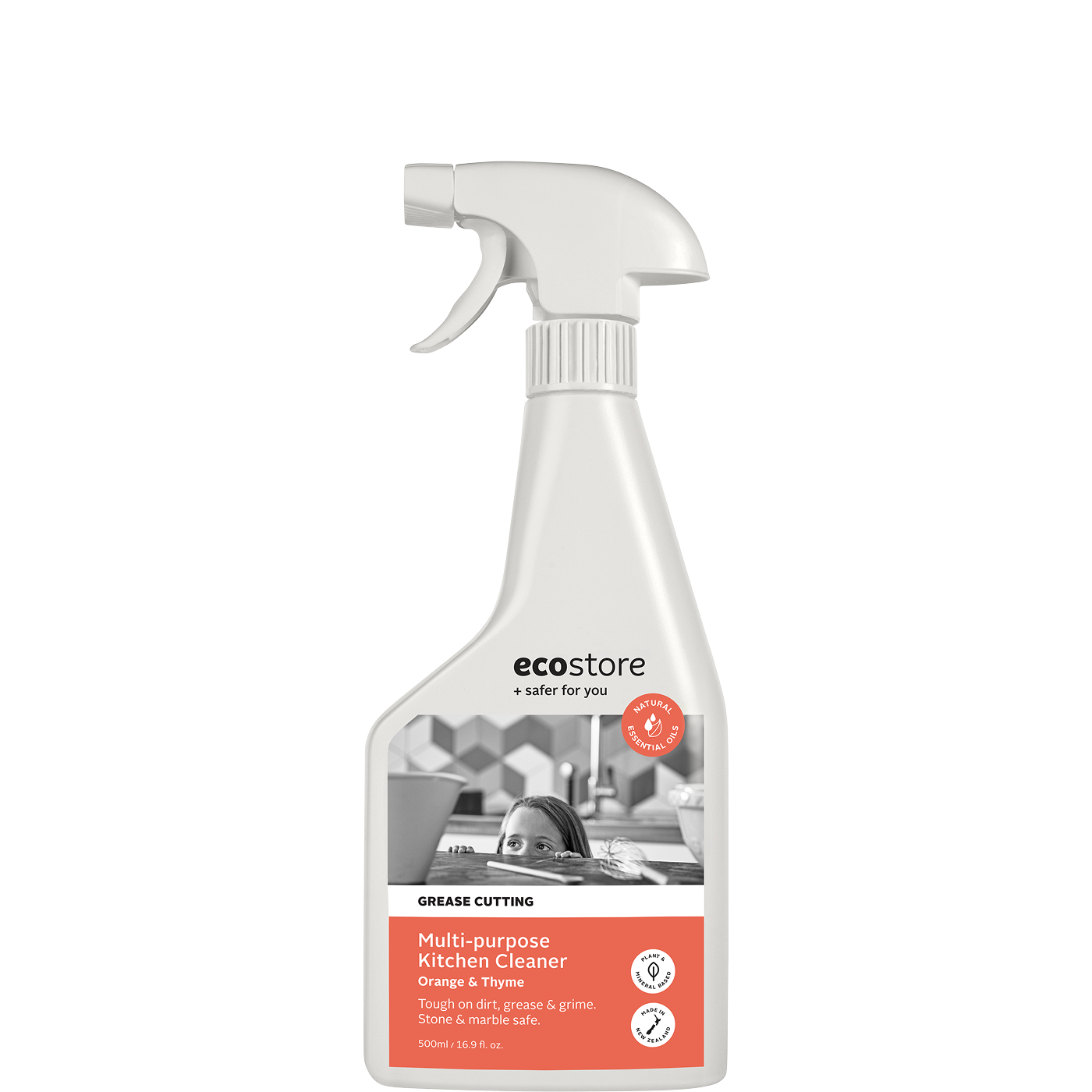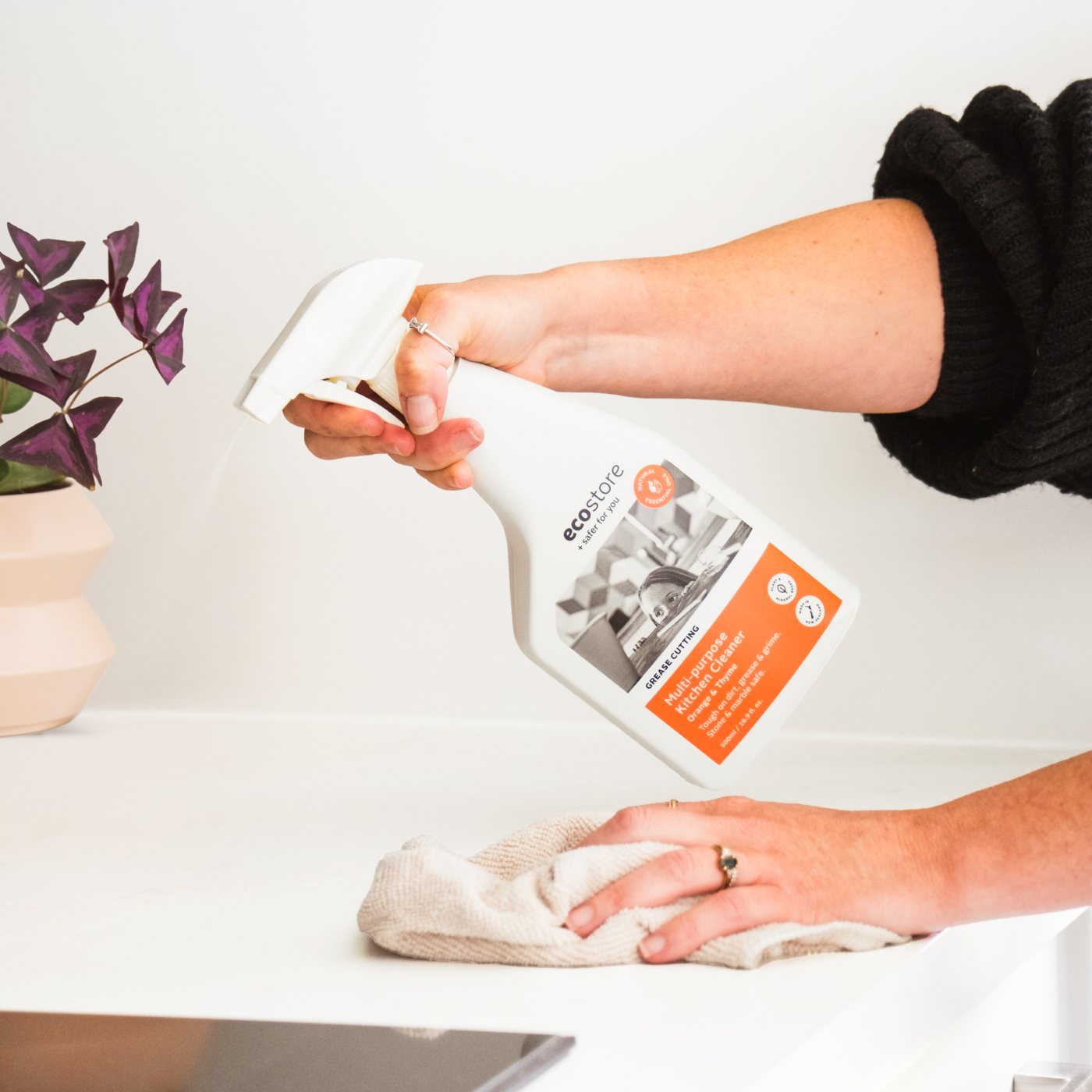The Olympics are a problematic favourite of mine. I became known for taking a week of annual leave to allow myself to watch events in the middle of the night for Rio 2016. For Tokyo 2020, the time difference was easier to manage, but my looming deadlines got in the way of the level of viewing I had anticipated. There is always a wave of disappointment when the closing ceremony rolls around, but it’s only temporary, as it means the Paralympic Games are fast approaching.
The first official Paralympic Games (formerly the Stoke Mandeville Games) were held in 1960 in Rome, but it wasn’t until 1988 that the Olympics and Paralympics were held in the same location. Just like the Olympics, there are both Summer and Winter Games, which take place every four years. The Tokyo 2020 Paralympic Games takes place this year from August 24th until October 8th 2021. TVNZ Duke (Sky Channel 23 and Freeview Channel 13) in collaboration with Attitude Pictures will be broadcasting extensive coverage of the games, so you can watch all the action live. Check out the Paralympics New Zealand website for timetables, latest news and athlete bios.
The increased visibility for the Paralympic Games lets young Disabled People see themselves represented on the global stage, but I’m wary of using the word inspirational here. While it may be well-intentioned, the label of ‘inspirational’ is often used to thinly veil pity.
Mainstream media’s focus on positive stories of triumph over adversity downplays the systemic inequality that many Disabled People navigate daily. I remember when I got my first part-time job in retail; I was congratulated for ‘making it in the world’ – as if it was some great feat to sell sunglasses for minimum wage with a limb difference. It is however inspirational for any athlete to compete at the very highest level of their sport. And Para athletes are no exception.
While a record 4.1 billion viewers tuned in to watch the Paralympics in Rio, the fight for disability rights around the world continues. Despite almost a quarter of our population in Aotearoa New Zealand identifying as having at least one disability (predicted to increase as our population continues to age), you may never have considered it as a pressing issue. Next time you are out in your community, I encourage you to look with a new lens – are the spaces accessible? Does your workplace hire Disabled People? If not, why not? You can start today by learning the correct terms to use and teach your kids about diversity. But above all, the most powerful thing you can do is listen to the needs of those within the Disabled community and act accordingly.
Further learning:
Watch Stella Young’s TEDxSydney Talk here
Read What Can a Body Do? How We Meet the Built World by Sara Hendren
Listen to this episode of As Me with Sinéad Podcast
-----
Chanelle is a vegan, amateur athlete, social advocate, environmental enthusiast and blogger at mynameischanelle.com.
Read more

Keen to try an ‘active’ holiday, explore the outdoors a little more, or even just get in shape for some summer sports? It’s not that far away, although the current weather would have us think diffe...

Keen to try an ‘active’ holiday, explore the outdoors a little more, or even just get in shape for some summer sports? It’s not that far away, although the current weather would have us think diffe...

